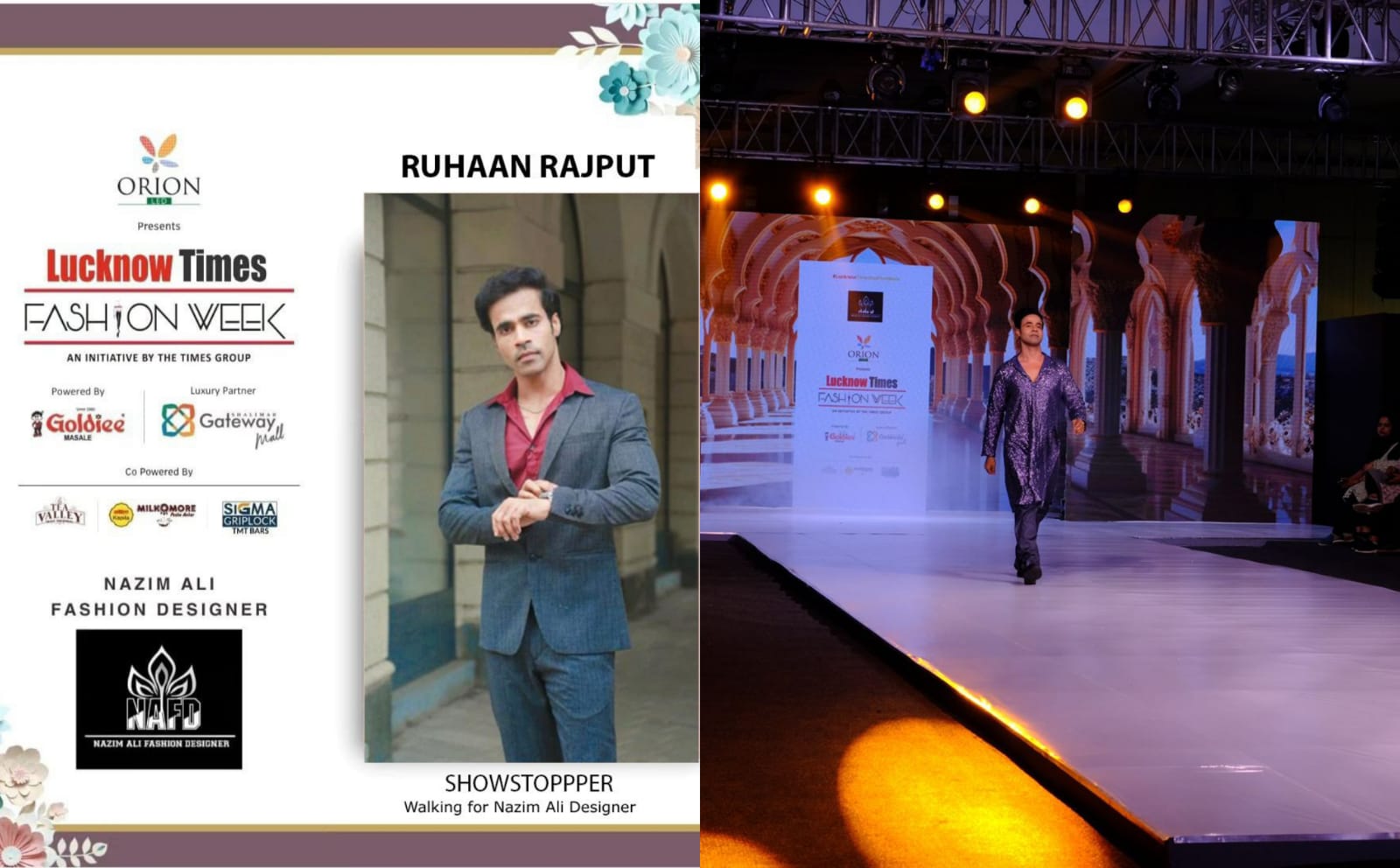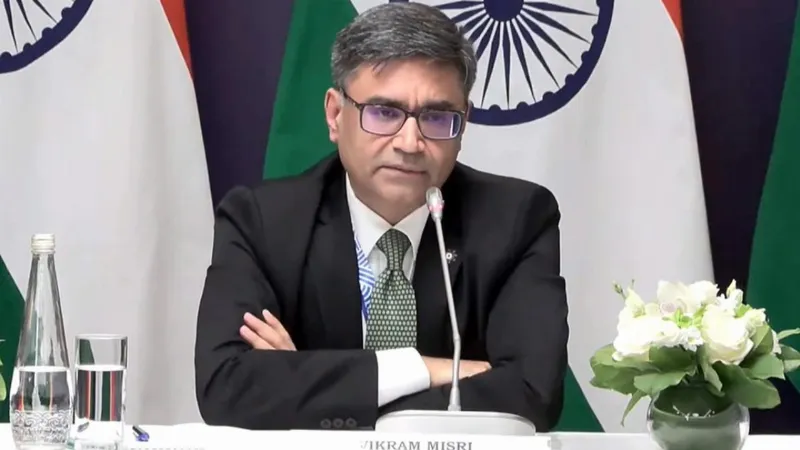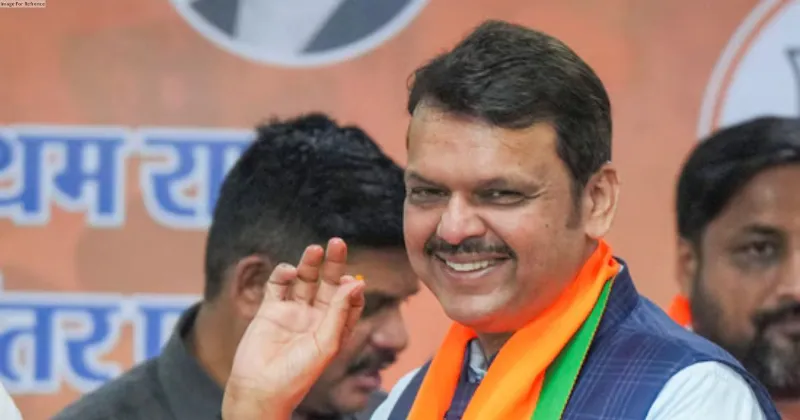Latest News
Eloquent speakers, unconventional debates on fourth day of JLF
.png)
The fourth day of the literary extravaganza opened at the Front Lawn with a yoga session by Nutrition Consultant and Yoga Teacher, Shikha Mehra. Mehra began her practice by demonstrating body breath awareness and a flow routine that awakens the entire body activates the muscles, reduces stiffness and tension in the body and mind. The session ended with a pacifying practice of pranayama. Spreading some morning bliss to the rich festival, the stage was graced by The Aahvaan Project where the group presented a philosophy of love, humanity, and kindness, creating a space for harmony with their unique ability of storytelling via music. Deeply moved by the words of Kabir, musicians Sumit Balakrishnan, Anirban Gosh, Vedi Sinha, Varun Gupta, and Nikhil Vasudevan represented a performance that created a space for harmony in the rigmarole of everyday life.
Film critic and writer Anupama Chopra’s A Place in My Heart is an ode to the power of storytelling, the magic of cinema, and the adoration of cinema-goers. In conversation with writer Shunali Khullar Shroff, Chopra unravels her place of work and worship, the films that have shaped her long career and fuelled personal intrigue. During the conversation, Chopra also talked about celebrities like Amitabh Bachchan, Priyanka Chopra, Karan Johar, and Zoya Akhtar.
At another session, Member of Parliament and bestselling author, Shashi Tharoor; Retired Judge Madan B Lokur; journalist, reporter, and columnist Swati Chaturvedi and entrepreneur and investor Mohit Satyanand talked about the state surveillance and what that means for all of us. While talking about the surveillance of the state, Satyanand said, “I might dare to call it surveillance fascism”. Tharoor said that he doesn’t like to use words like fascism too easily because they become a term of abuse rather than a term of analysis but noted that “the surveillance state has certainly been growing…”. The panel discussion focused on the digital age and how the condition of modern governance relies on the covert power of observation.
At one of the sessions at the festival, Indian politician and author, Smriti Zubin Irani presented her accomplished debut novel, Lal Salaam. It's a story of grit and resilience that seeks to humanise daily conflicts and ethical dilemmas in violence-hit areas. In conversation with journalist Pragya Tiwari, Irani shared the impulses that drove her to write this remarkable page-turner and the inspirations behind her work. During the conversation, Irani spoke about the research she did for the book over a decade and described Sanjoy K. Roy’s kind reaction about receiving the book. She said, “ For me, the book is a celebration of sacrifices of many individuals who will never be spoken of but who’ve believed in the constitution, upheld the values of that constitution, not take up arms against your own country...and I think that this is a book as a tribute to them”.

.png)
.png)


.png)
.png)
.png)
.png)
.png)

.png)









